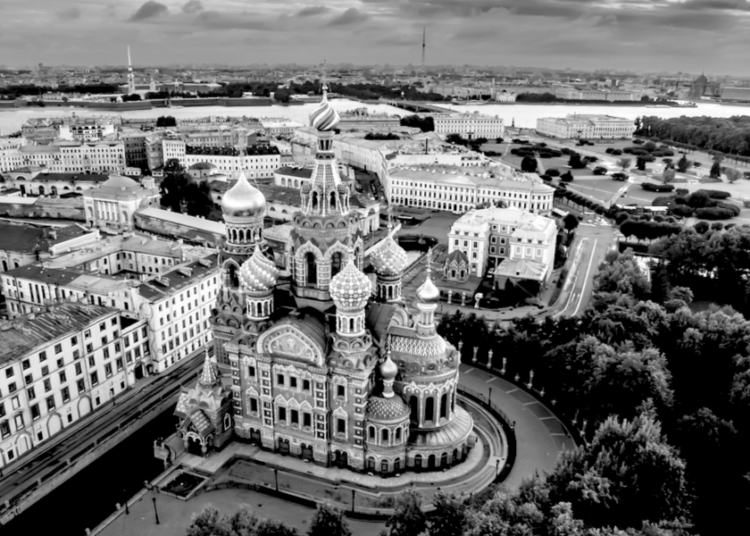WINSTON Churchill once described Russia as ‘a riddle, wrapped in a mystery, inside an enigma’. It is this enigma that Hillsdale College, an independently minded academic institution in the US, decided to explore a year ago. To better, and indeed fully, understand Russia’s conflict with Ukraine and Russia’s role in the shifting balance of power in today’s world, they organised a special lecture series and conference on all angles of Russian history, culture, and politics. It is striking that we have seen nothing similar here in scope or depth.
More than a year later, with no end to the war in sight and Ukraine devastated economically and socially, these lectures become ever more relevant. Just before Christmas the college released them as a free online video series on Russia for wider sharing. We are republishing them – six in all – this week on TCW. We ran the first on Monday, Russia from 1696-1917: An Overview, veritable tour de force through Russia’s shifting borders, wars and alliances, by the impressive American historian Sean McMeekin. If you missed it, it is well worthy catching up on. You can find it here with my fuller introduction to the series.
Yesterday’s was delivered by Steve Kotkin, the American historian, academic, and Stalin expert. He the author of Stalin: Paradoxes of Power, 1878–1928 and Stalin: Waiting for Hitler, 1929–1941. Entitled Russia from 1917-1991: An Overview, his lecture explains communism’s inner contradictions and self destruct dynamic, and can be found here.
We are grateful to Hillsdale College for making this series freely available to the wider public. You can access the entire series on their website here.
Today’s, entitled Tolstoy and Dostoevsky: Lessons from the Russian Classics, is by the American literary critic and Slavist Gary Saul Morson, known for his scholarly work on the Russian novelists Leo Tolstoy and Fyodor Dostoevsky, and the literary theorist Mikhail Bakhtin. Morson is Lawrence B Dumas Professor of the Arts and Humanities at Northwestern University in Illinois, previously chair of the Department of Slavic Languages and Literatures at the University of Pennsylvania. In his lecture he explains why, like Virginia Woolf, he believes Russian writers are quite superior to and different to all others, a thesis which is both persuasive and, by the way, morally enlightening. See if you agree. I do! There’s a wonderful ‘parable’ he relates from The Brothers Karamazov at about seven minutes in that perfectly explains humans’ unquestioning compliance. Don’t miss it.
You can watch the whole talk here:
Or link to it here.

